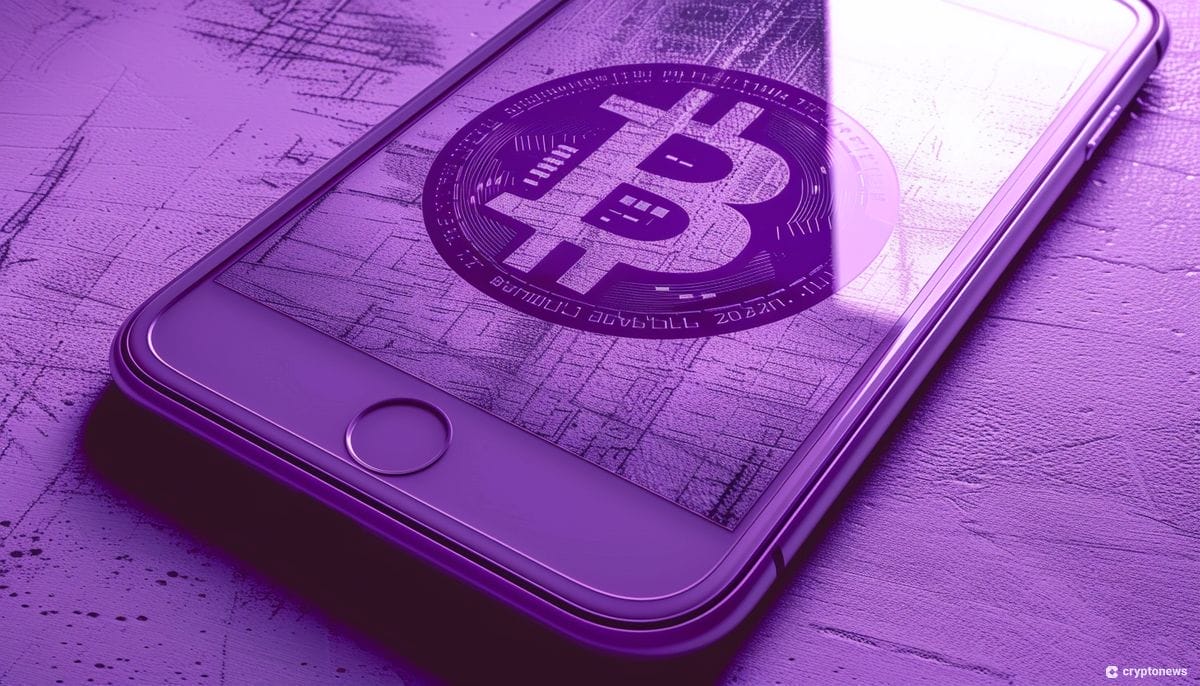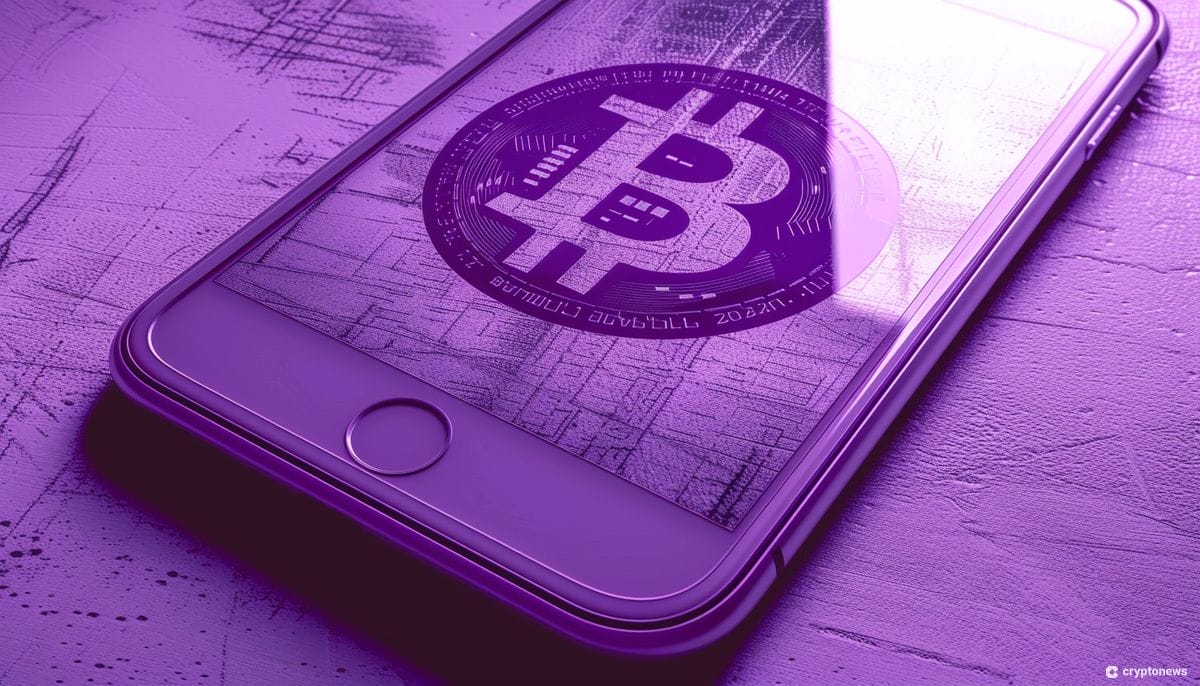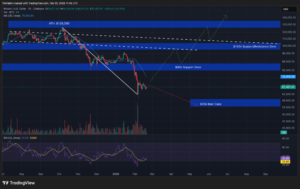Last updated:
 Why Trust Cryptonews
Why Trust Cryptonews

Circle, the company behind the popular stablecoin USDC, is set to introduce tap-and-go payments on iPhones after Apple’s decision to allow third-party developers access to the secure payment chips.
“Tap to pay using USDC on iPhones incoming soon. Wallet devs, start your engines,” Circle CEO Jeremy Allaire said in a recent post on X.
The new feature is expected to leverage Apple’s Near Field Communication (NFC) chip and Secure Element (SE), which were previously restricted to Apple’s own Wallet app and Apple Pay.
Blockchain-Based Payments to Come on iPhone Devices
Apple’s recent decision to open up these key technologies paves the way for blockchain-based payment systems to be integrated into the iPhone ecosystem.
This will allow for direct payments using USDC at points of sale, with iPhone-based wallet apps prompting users to confirm transactions via features like FaceID, seamlessly settling payments on the blockchain.
Allaire emphasized the potential of this development, highlighting that combining iPhone technology with high-performance, low-fee blockchain networks could create a powerful new avenue for direct-to-merchant USDC payments.
“This would allow a [point of sale] to tell an iPhone what blockchain address it will accept USDC on, or the amount to pay, and then the iPhone-based wallet app could prompt the user to confirm a payment (like with FaceID) and initiate a transaction over the blockchain to settle the USDC,” Allaire said.
“Combining this with high-performance and low-fee blockchain networks (most these days), this will open up a powerful pathway for direct to merchant USDC payments.”
Moreover, the implications of Apple’s move extend beyond USDC.
Allaire pointed out that the opened NFC access could also be applied to non-fungible tokens (NFTs), other stablecoins like EURC, and various other digital certificates.
However, this new feature will initially be available only in select countries, including Australia, Brazil, Canada, Japan, New Zealand, the United Kingdom, and the United States.
Notably, the European Union was not mentioned in Apple’s rollout.
Meanwhile, MetaMask is making its own strides in the payments space, launching a self-custody debit card pilot in partnership with Mastercard and Baanx, enabling users in the UK and EU to make purchases directly from their crypto wallets.
Payment Firms Adopt Cryptocurrencies
Back in April, Fintech giant Stripe announced its decision to once again allow customers to accept cryptocurrency payments after a six-year break.
The company is starting with USDC stablecoins on the Solana, Ethereum, and Polygon blockchains.
In 2014, Stripe dipped its toes into the world of cryptocurrency with tests involving Bitcoin, the pioneering digital currency.
However, in 2018, the company decided to halt its support for Bitcoin due to its volatility and lack of suitability as a means of exchange.
Aside from Stripe, other payment companies have also adopted stablecoins as a means of payment.
More recently, Singapore-based payments company Triple-A announced plans to integrate PayPal’s stablecoin into its list of supported tokens for customer payments.
As the first licensed crypto payments firm in Singapore, Triple-A aims to introduce support for PayPal’s stablecoin, PYUSD, by the end of June.
Currently, the company offers payment services primarily in Bitcoin, Ether, and stablecoins issued by Tether and Circle.

















